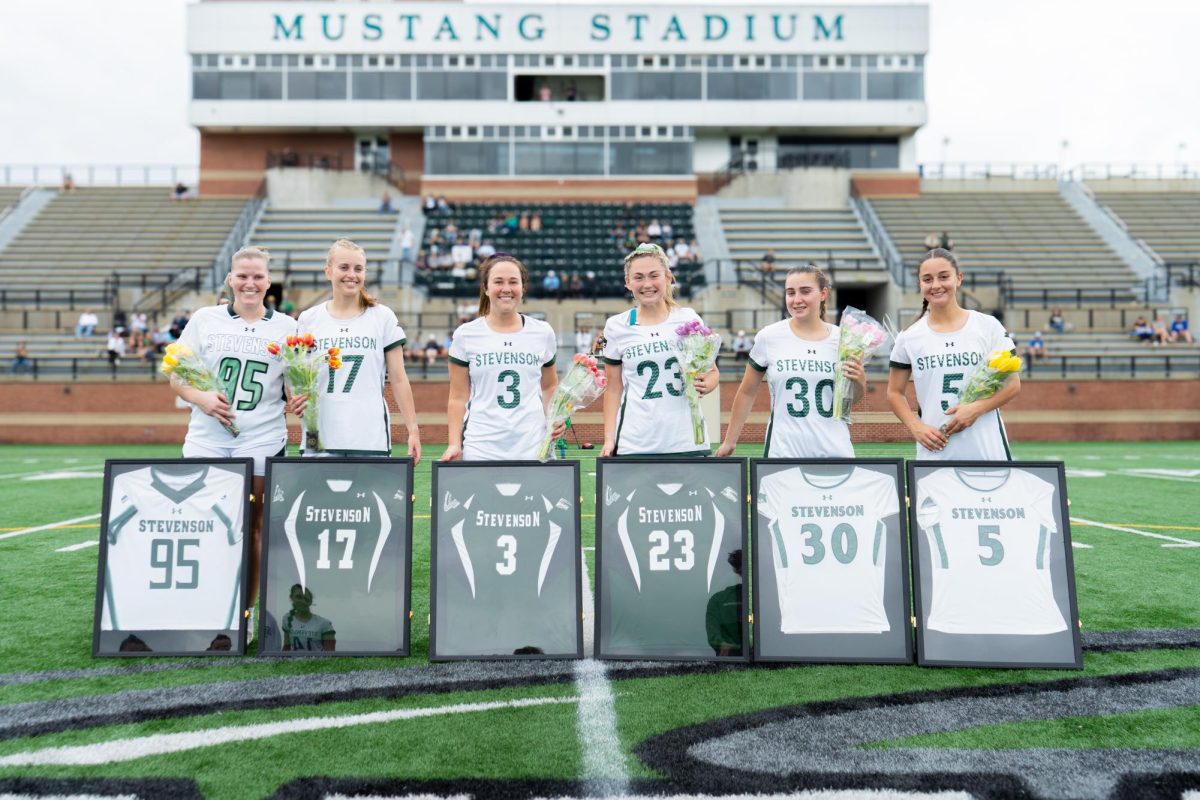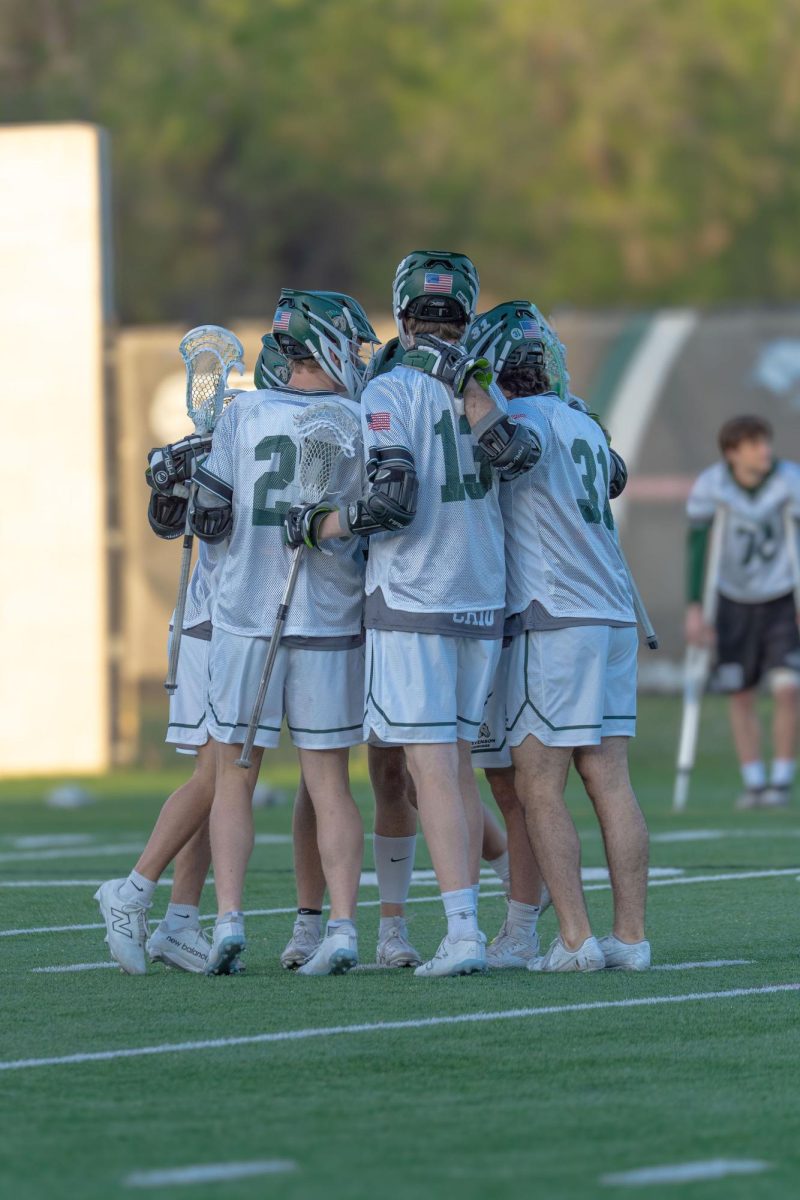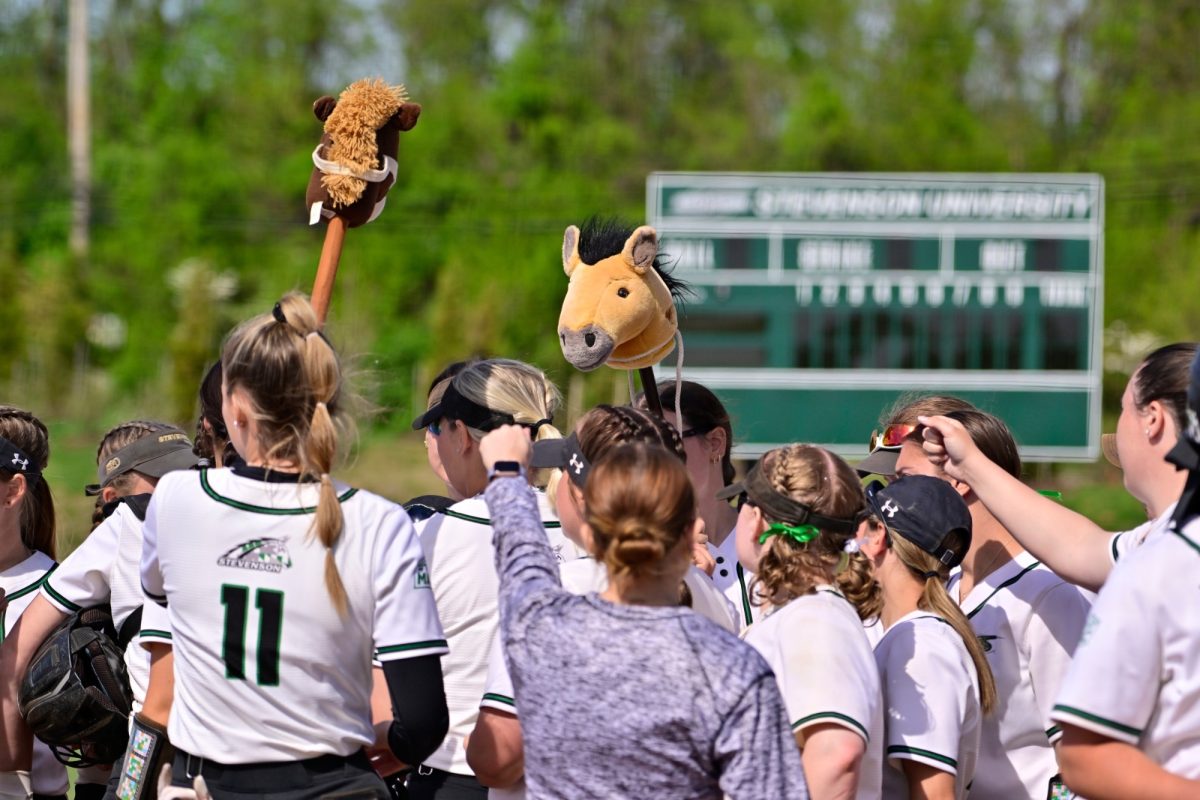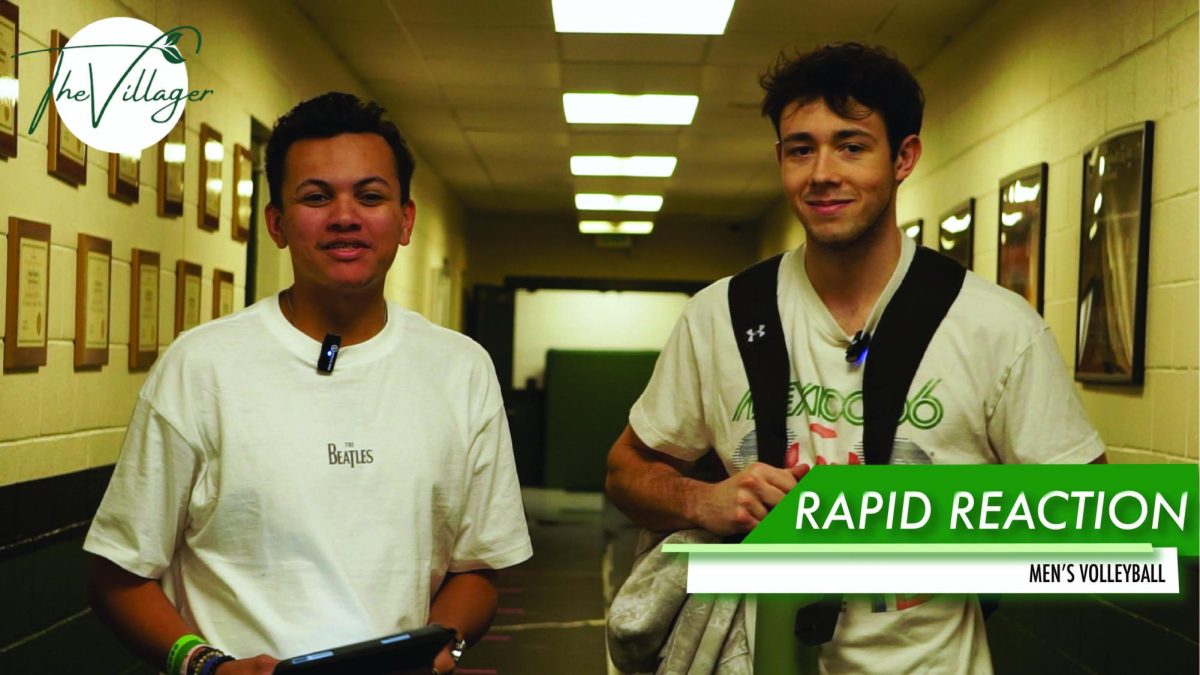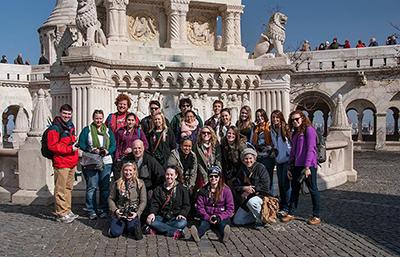
Stevenson University’s “Study Abroad” program has been dormant since the emergence of the COVID-19 pandemic, though it still accepts applications and operates on a “case-by-case” basis. The program’s hibernation, however, may come to an end, if and when there is return to safe international travel.
There has been good news lately about decreasing COVID-19 cases, as the global “new case” load has decreased nearly 25% since late January, and people are being vaccinated against the virus at a rate of roughly $4.6 million each day worldwide. With good news on the horizon, now might be the perfect time for Mustangs interested in studying abroad to explore and learn more about the program.
For starters, Stevenson offers three “types” of study abroad programs:
- SU Travel Courses: Travel courses are led by SU faculty and involve travel abroad or within the United States. These courses are offered in a variety of content areas, and the travel component of these courses takes place in Winterim, Spring Break, or Summer. Locations and academic content vary each year.
- “SU in” Programs: SU has a direct collaboration with a host institution or organization and administers all or most of the application process. Programs are available for varying lengths and terms at different sites around the world.
- SU Affiliate Programs: SU partners with several prominent provider organizations to offer a number of study abroad programs around the world (including in the United States).
The registration process is simple, though important to follow. Students should contact their advisors about pursuing the opportunity to study abroad to begin the application process. Students also must have maintained a 2.0 GPA to qualify. Once these prerequisites are met, the various opportunities to study abroad and the benefits abound.

Lauryn Davis, a junior majoring in Business Communication, spoke about how her trip abroad to Ecuador benefited her both academically and professionally. “I feel that the whole trip actually enhanced my communication skills because I was forced to use a lot of non-verbal communication, which challenged me. In return, I learned a lot of Spanish there.” Indeed, such communication skills, coupled with an ability to adapt to new surroundings, can certainly only help Davis in her future pursuits.
Amanda Hostalka, Dean of Stevenson’s School of Design and Vice Provost for Outreach within SU’s Study Abroad program, touted the program’s past. “The University has had different permutations of study abroad and faculty-led trips for decades,” she said, “with the robust Study Abroad program being put in place within the last five years.”
Previous destinations of the SU Study Abroad program in particular include Ireland, Costa Rica, London, Jamaica, Greece, and Germany.
Of course, in the meantime, the COVID-19 pandemic looms. “I don’t think anyone knows what the long-term impact will be on the study abroad industry writ large, or on student travel at Stevenson,” Hostalka added. But she remains hopeful about the temporary nature of the pandemic and is certain the program will thrive once more. “Once we are allowed to travel unfettered again, students will be anxious to see the world and to get out of their comfort zones.”
Students who want to find out more information about traveling abroad can go to the Stevenson website, or visit the Office of International and Off-Campus Study located on the first floor of the Garrison Hall South.













